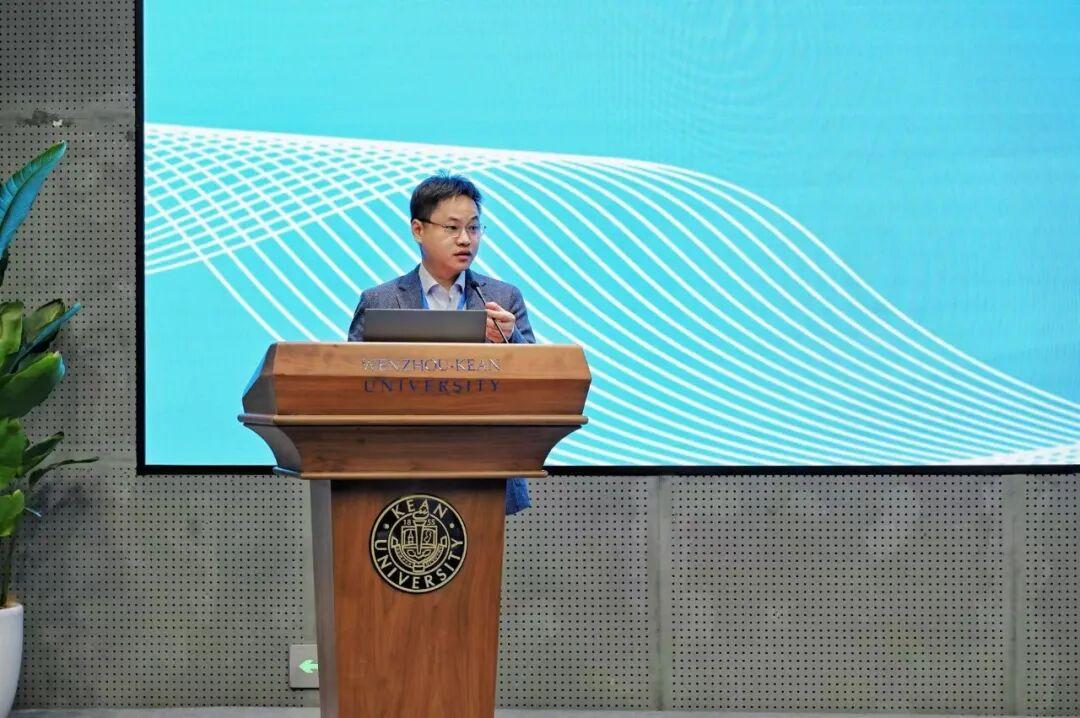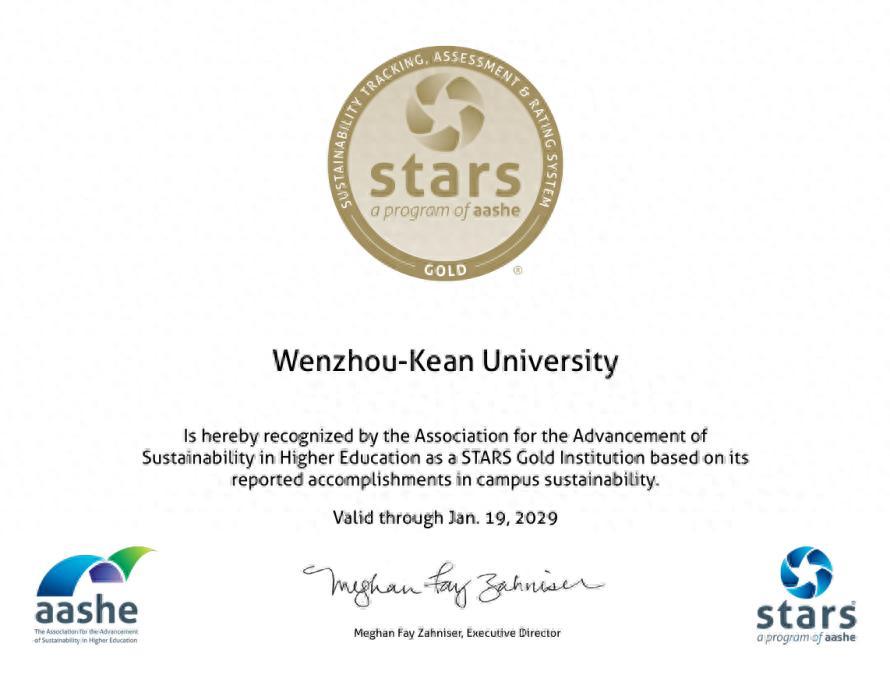
Joseph Markowski
-
职位:哲学讲师
-
学院:人文学院
-
办公室:GEH B304
-
邮箱:
Educational Background
Vrije University Amsterdam (Ph.D): Comparative Philosophy and Religion
McGill University (M.A.): Religious Studies
Green Mountain College (B.A.): Philosophy
Biography
For the past twenty years Joseph has taught a number of courses within the academic fields of philosophy and religion at The College of Saint Rose (2023), Ball State University (2023), Rensselaer Polytechnic Institute (2022-2023), Castleton University (2007-2023), Green Mountain College (2007-2014) and Marlboro College (2017-2018) Community College of Vermont (2005-2007) and McGill University (2003). His Ph.D. research was in the area or comparative philosophy wherein he explores the metaethical perspectives of Zen Master Dōgen (13th Century) and Friedrich Nietzsche; therein, he examines how their anti-realist perspectives engender non-anthropocentric normative commitments which can contribute to contemporary discussions within the field of environmental ethics, specifically those within the normative arenas of Ecocentrism, Deep Ecology and Buddhist ethics and the environment. In addition to teaching, Joseph has worked as a humanist/interfaith chaplain for Hospice in Albany, New York, thus putting his philosophical training into practice by fostering conversations with patients and families as they face a range of tough choices concerning sickness, old age, trauma and death from their vantage points of the sacred and meaningful-life-years. When not working, Joseph enjoys hiking, gardening, and listening to live music, particularly jazz.
Research interests
While my research interests in philosophy and religious studies are broad, my academic expertise include: (1) Buddhist philosophy (South Asian, East Asian and Tibetan Traditions); and (2) metaethics, ethical theory and applied ethics. Within the academic field of Buddhist Philosophy, I am particularly interested in: (a) Indo-Tibetan epistemology; (b) Mahāyāna Buddhist metaphysics and the philosophy of emptiness (Skt. śūnyatā); (c) The kōan and Zen philosophy of language; (d) Buddhist ethics in dialogue with Western ethical theories and environmental ethics; (e) the phenomenology of Zen meditation as a normative practice; and (f) decolonial comparative philosophy. In regards to metaethics, ethical theory and applied ethics, I am particularly interested in moral epistemology and contemporary discussions between realism and anti-realism, as well as cognitivism and non-cognitivism. In addition, I am also interested exploring a range of normative topics in medical/bio ethics, environmental ethics, business ethics and analytic discussions concerning the meaning of life.
Publications/scholarly and creative work
(2013) “BUDDHIST NON-COGNTIIVSM,” THE JOURNAL OF ASIAN PHILOSOPHY, 24(3): 227-241.
(2020) NIETZSCHE AND OTHER BUDDHAS: PHILOSOPHY AFTER COMPARATIVE PHILOSOPHY. A BOOK REVIEW FOR THE AMERICAN ACADEMY OF RELIGION.
(2021) “EFFORTLESS EXPRESSION: DŌGEN’S NON-THINKING ABOUT WORDS AND LETTERS.” RELIGIONS, 12(2).
(2022) “THE GREAT EARTH SANGHA: A NON-ANTHROPOCENTRIC MORAL IMAGINATION.” SCIREA JOURNAL OF SOCIOLOGY, 6(6).
(FORTHCOMING 2024) MEDICAL ETHICS: CRITICAL REFLECTIONS ON THE NORMATIVE HORIZONS IN HEALTH. (TEXTBOOK) COGNELLA PUBLISHING.
Courses
(1) Introduction to Philosophy; (2) Logic and Critical Thinking; (3) Ethical Theory; (4)Medical Ethics; (5) Existentialism and the Meaning of Life; (6) Buddhist Philosophy; (7) Asian Philosophies; (8) Zen Philosophy and Aesthetics; (9) Philosophy of Religion; (10) Introduction to World Religions; (11) Medical Ethics; (12) Environmental Ethics; and (13) Theories of Punishment




